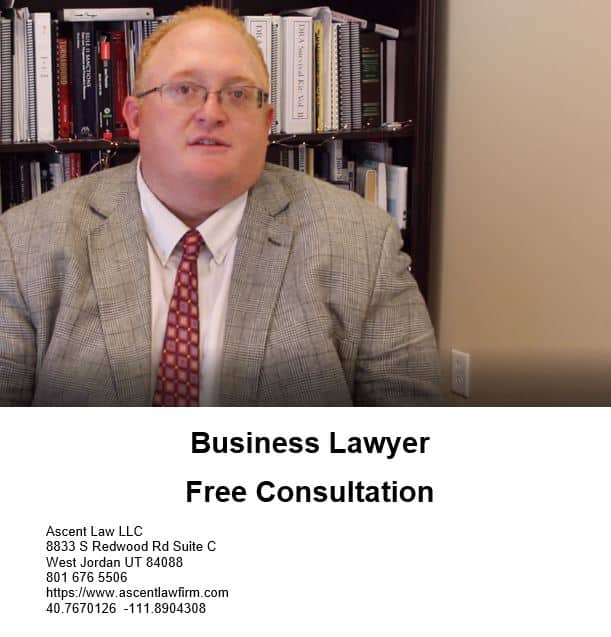
Employees have the right under the law to report discrimination or harassment to an employer. An employer should deal with harassment or discrimination complaints immediately. The failure of an employer to conduct an investigation can lead to much bigger problems, such as a lawsuit.
When an employee files a harassment or discrimination complaint, an employer should:
• Listen to the accuser
• Take the complaint seriously
• Not retaliate against the accuser
• Keep the complaint confidential
• Not delay in conducting an investigation
• Conduct a thorough investigation
• Document the investigation
• If necessary, hire a third party to conduct the investigation
• Discipline a guilty party
Listen to the Accuser
Take the time to listen to the accuser’s complaint. Even if a workplace seems free of conflict, this does not rule out the possibility of harassment or discrimination. Avoid making the following mistakes when listening to an employee’s complaint:
• Do not make assumptions about the truthfulness of the complaint;
• Do not reach unfounded conclusions;
• Do not fail to recognize whether a complaint involves illegal discrimination based on sex, race, national origin, disability, age, or religion;
• Do not decide not to investigate.
Take All Harassment Complaints Seriously
There is nothing worse for an employee than to make a complaint that is not taken seriously by an employer. Even if the employee has a history of making complaints, it is necessary to consider each one seriously. The failure to treat a compliant with sufficient seriousness may lead an employee to file a complaint with the Equal Employment Opportunity Commission (EEOC), the federal government agency charged with enforcing laws against discrimination in the workplace.
Don’t Retaliate
When an employee makes a complaint, avoid retaliatory actions. The EEOC enforces laws that prohibit employers from engaging in retaliatory measures — or adverse actions — against a person that makes a complaint of illegal discrimination or against a person that participates in a discrimination investigation or lawsuit. Adverse actions include firing, harassing, demoting, pay cuts, job reassignments, or other forms of retaliatory measures.
Keep All Harassment Complaints Confidential
The details surrounding a complaint should be kept as confidential as possible. Even though it may be impractical to keep the allegations completely confidential, attempt to keep as many details a secret as possible. This will prevent employees from taking sides or spreading rumors. Make sure the accuser is aware that the investigation will result in the disclosure of some information.
Delaying the investigation of a complaint could create several problems. A delay may indicate the employer’s failure to take the complaint seriously, could result in further harassment of the accuser, may allow the loss of relevant evidence, or may result in inadequate discipline of the accused.
Conduct a Thorough Investigation of Complaints
An investigation of a complaint should involve corroboration through interviews of the parties involved, witnesses, and through the identification of evidence. When interviewing the accuser and the accused, ask the following types of questions:
• What happened;
• Where did it occur;
• What was said;
• What witnesses were present;
Make sure to distinguish fact from opinion. Corroborate the stories of the accuser and the accused by interviewing witnesses present when the incident occurred and by gathering other types of evidence. Evidence can include emails, time cards, schedules, and notes from meetings.
Do An Investigation And Document It Carefully
It is important to keep a written record detailing the steps taken in an investigation. This could become essential evidence if the employee files a complaint with the EEOC. If the EEOC conducts its own investigation, it will request the documentation created by employer. Documentation can include a formal report of the employer’s findings or notes that provide details about interviews, discipline imposed on the accused, the reason for not imposing discipline, and conclusions.
Hire Ascent Law LLC to Do the Investigation
In some circumstances, it may be best to hire a third party, such as a lawyer, a law firm, or a consulting agency, that specializes in employee harassment and discrimination complaints. This may be appropriate in situations where the accusations have become public, when an employee lodges a complaint against a high-ranking superior, or when the charges are criminal in nature.
Imposed Discipline If Appropriate Or Terminate Employment
If an investigation turns up evidence that the accused did engage in the alleged discrimination or harassment, an employer should institute appropriate discipline. In some cases, a suspension, a warning, or counseling may be adequate. In other circumstances, when the actions of the accused involved threatening behavior or violence like rape, unwanted touching, or stalking, termination may be the most appropriate disciplinary action.
Free Initial Consultation with Lawyer
It’s not a matter of if, it’s a matter of when. Legal problems come to everyone. Whether it’s your son who gets in a car wreck, your uncle who loses his job and needs to file for bankruptcy, your sister’s brother who’s getting divorced, or a grandparent that passes away without a will -all of us have legal issues and questions that arise. So when you have a law question, call Ascent Law for your free consultation (801) 676-5506. We want to help you!
8833 S. Redwood Road, Suite C
West Jordan, Utah
84088 United States
Telephone: (801) 676-5506
Recent Posts
Can A Limited Liability Company Be A Qualified International Buyer?
Ascent Law St. George Utah Office
Ascent Law Ogden Utah Office
Source: https://www.ascentlawfirm.com/how-to-handle-harassment-and-discrimination-complaints/
source https://dameapardly11.wordpress.com/2020/07/01/how-to-handle-harassment-and-discrimination-complaints/

No comments:
Post a Comment